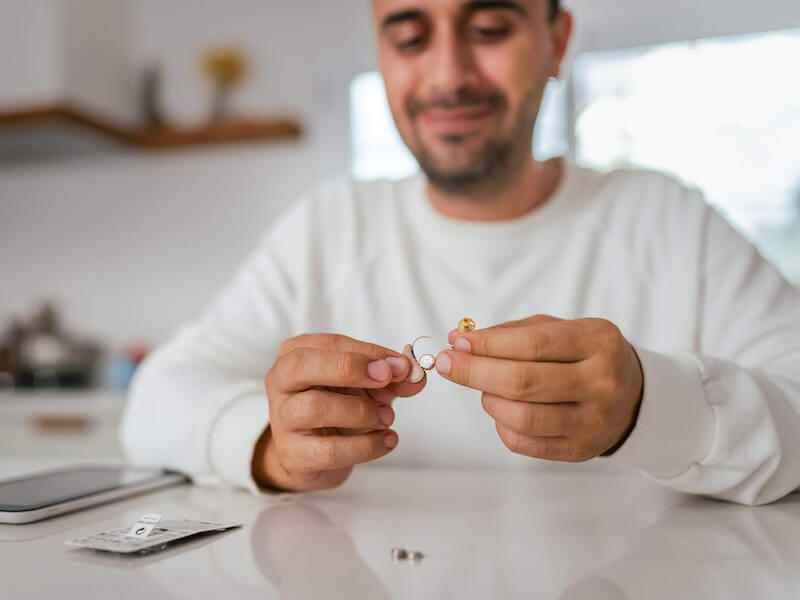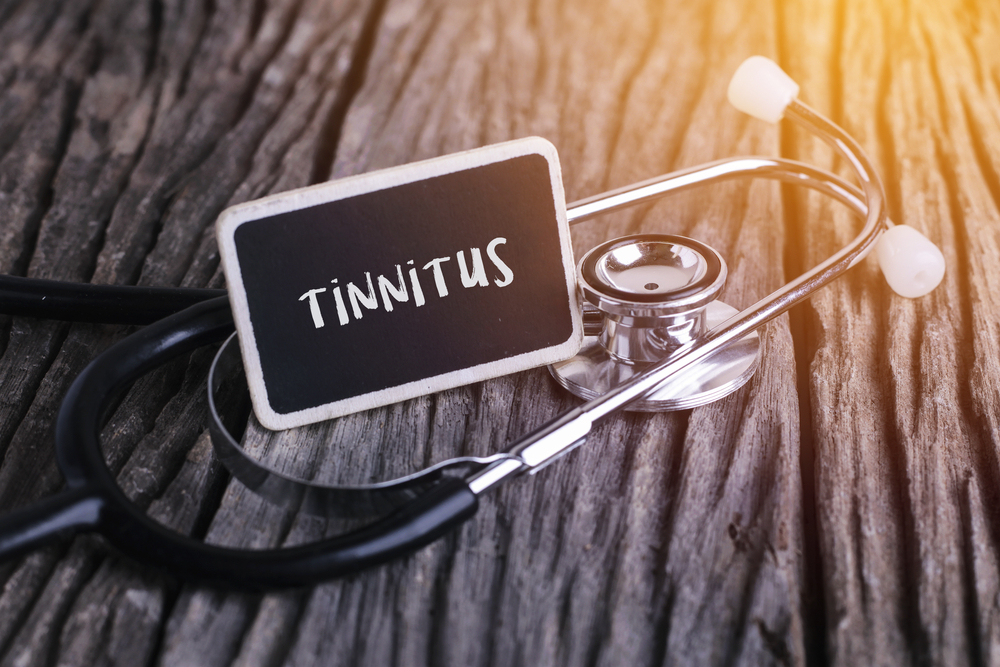Every once in a while, you’ll come across a news story about a man who burned down his house trying to kill a spider with a blowtorch. Inflammation can be like that. At its most basic level, inflammation is your body’s natural response to any number of injuries or infections. Cuts, scrapes, bruises, lacerations, infections–you name it. When you notice an injury become red and swollen, that’s inflammation at work, busy trying to keep you alive and healthy.
But in some ways, inflammation can actually end up causing more harm in the long run. When your body can’t or won’t properly calibrate or control its response, inflammation can cause a number of health issues from your ears to your toes.
Which came first, inflammation or tinnitus?
But let’s start with the ears (this is a hearing blog, after all). Research conducted by scientists from the University of Arizona focused on discovering the ways in which hearing loss and inflammation are linked.
It turns out scientists have known about a connection for a while, but they couldn’t quite figure out the cause-and-effect relationship. This research was designed to give us a better idea of how inflammation and hearing loss were connected.
Researchers used mice as a proxy (for a wide variety of good reasons), so the results aren’t definitive in terms of how they apply to humans. But here’s what researchers found:
- Noise-induced hearing loss damages cells. We already knew that, of course. That’s why sensorineural hearing loss is permanent. Once the tiny hair cells in your ear are damaged, your body cannot repair them.
- Damage to the cells gets noticed by the body–and the body initiates standard defense maneuvers by initializing local inflammation.
- It’s this inflammation that seems to create the ringing or buzzing in your ears that sometimes accompanies hearing loss. In other words, it seems to be the inflammation itself that causes tinnitus in cases of noise-induced hearing loss.
- Interfering with the inflammation (again, in the mice) seemed to mitigate the ringing or buzzing.
Does this mean that inflammation causes tinnitus?
It might feel logical, at this point, to extrapolate some conclusions from mice to humans. If inflammation causes tinnitus in mice, it must cause tinnitus in humans, right? Well, that’s likely. But “likely” isn’t the same thing as “certain.”
Additionally, not all tinnitus is associated with noise-induced hearing loss. So it’s unclear what this research suggests about other instances of tinnitus. What this research does do is make the causal relationship between hearing loss, inflammation, and tinnitus a little bit more clear.
Inflammation in your body can cause other health issues
This research is important (we’re big fans of research around here). But in some ways, it’s not entirely surprising. (Then again, not all research has to surprise us.) Inflammation has long been known to cause all kinds of issues in the body. For example, inflammation may cause:
- Gum disease: Inflammation can sometimes lead to increased swelling of the gums or bone loss in the teeth.
- Digestive problems: Sometimes, when inflammation gets out of control, you can feel it in your gut. Literally. Inflammation can take a toll on the helpful bacteria that aid digestion–and in more extreme cases even begin damaging the intestines themselves.
- Joint issues: Rheumatoid arthritis is just one condition linked to inflammation issues. Over time, inflammation can make your joints less flexible and more painful.
- Serious health issues: Inflammation has been linked both to higher instances of heart disease and cancer. Whether that’s a correlational thing or a cause in and of itself is not always entirely clear, but they do seem to be related.
- Breathing trouble: Inflammation of the lungs is, essentially, just a kind of swelling of the lungs. This can make it harder to breathe. Long-term inflammation can lead to issues such as COPD or other breathing issues.
How to control inflammation
There are some natural ways you can try to keep inflammation under control, such as eating healthier foods, exercising regularly, and avoiding tobacco products. But that’s kind of just good living advice generally.
Ultimately, inflammation can cause a lot more damage than it’s worth. Just because your body is ready to blowtorch the house to kill that spider doesn’t mean you can’t have a firehose on hand to keep control of the situation, especially when it comes to your ears.



